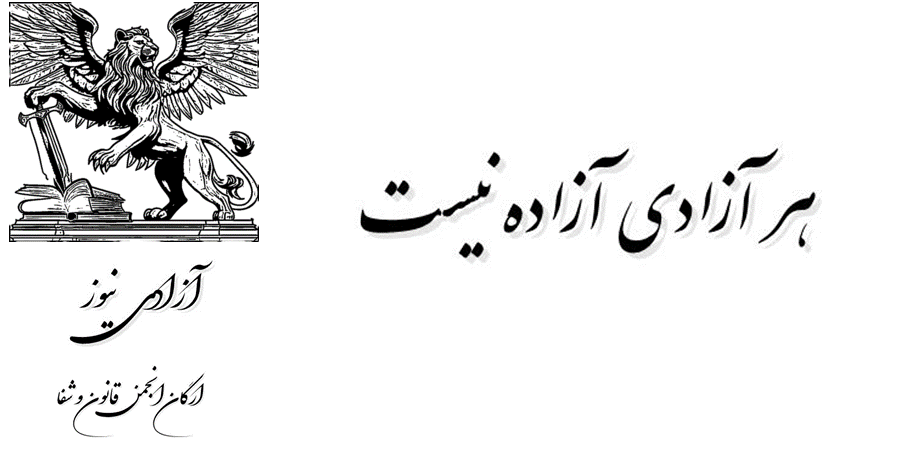To understand the concept of authenticity, much like the transcendent concepts of justice, loyalty, and knowledge, one must investigate these ideas across various occasions and throughout different eras.
Nazi Germany, driven by an ideology of radical patriotism and loyalty among the German people, launched one of the most significant military campaigns in history. However, this same patriotism is now condemned in the very country that once took pride in it, and displaying the image of Adolf Hitler, considered by some as the greatest German patriot, is met with punishment, and for foreigners, even deportation. Loyalty and similar concepts, whose true understanding transcends time and place and is rooted in the search for historical and philosophical patterns and their results in various nations over different ages, have all been subject to invalidation and scrutiny within the realm of human civilization.
The Prophet of Islam, who began his holy mission to overcome ignorance with superhuman determination, left a legacy that ultimately fell into the hands of rigid and intellectually backward regimes such as the Taliban, which are deficient in scientific progress.
Amidst all this, the question of capitalism and what devotion to money can buy and create remains a pressing issue for the younger generations. The Islamic Republic, in its perspective on the West, intensifies the issue of hijab and the threat of sexual immorality, while domestically grappling with economic problems and a lack of proper understanding of the economy and capitalism. This results in a mixture of pressure on women, despite failing to address philosophical economic steps, burdening the people.
The intensification of women’s issues, alongside a failure to comprehend the nature of capitalism, is one of the intrinsic approaches of the Islamic Republic (the merchant is a friend of God). While the Islamic Republic regards the market as a friend of God and benefits from its participation in nearly all political, cultural, and economic affairs, the concept of inauthenticity has yet to be defined in the lexicon of economics.
Money can procure a spouse, gain fame, provide medical treatment, and perform all the other functions that money can accomplish, elevating it to the status of an ‘ism,’ a principal philosophical foundation.
But is what money can do authentic?
Answering this philosophical question is one of the significant steps that wise philosophers must address themselves. Philosophers can respond to this issue provided they do not fall ill, become hungry, marry, or the like, as a philosopher cannot experience all the conditions in which capital plays a role. However, capital cannot play a role in the concept of justice, meaning the participation of capital in judgment is not accepted. Therefore, how justice regarding capital should be implemented has led to the creation of administrative systems such as social democracy and socialism. Religions also defer justice to the afterlife and another creation, according to their beliefs.
Human beings are born to become perfect through their birth, but deferring justice to another world (though its authenticity is hardly questioned) renders human beings redundant and ineffective.
Thus, the philosophy of creation necessitates contemplation on fundamental concepts such as justice, loyalty, and more. The education system of each country must teach the basic philosophies and methods of philosophical thinking and reasoning to its people and children. Merely teaching justice in the afterlife or failing to properly teach philosophy and reasoning, or replacing it with religion, renders part of the function of the wise mind fruitless and barren.
Love based on capital will vanish with the fast of poverty and fasting. The same goes for other philosophical concepts founded on capitalism; they will fade away with the fast of poverty and fasting, leaving only what is authentic, and that is philosophy.
1- Amirali R. Davoudpour. (2024). Understanding Authenticity in the Context of Capitalism: A Philosophical Exploration. Journal of Iranian International Legal Studies (IIntbar) . https://doi.org/10.13140/RG.2.2.13310.80965
